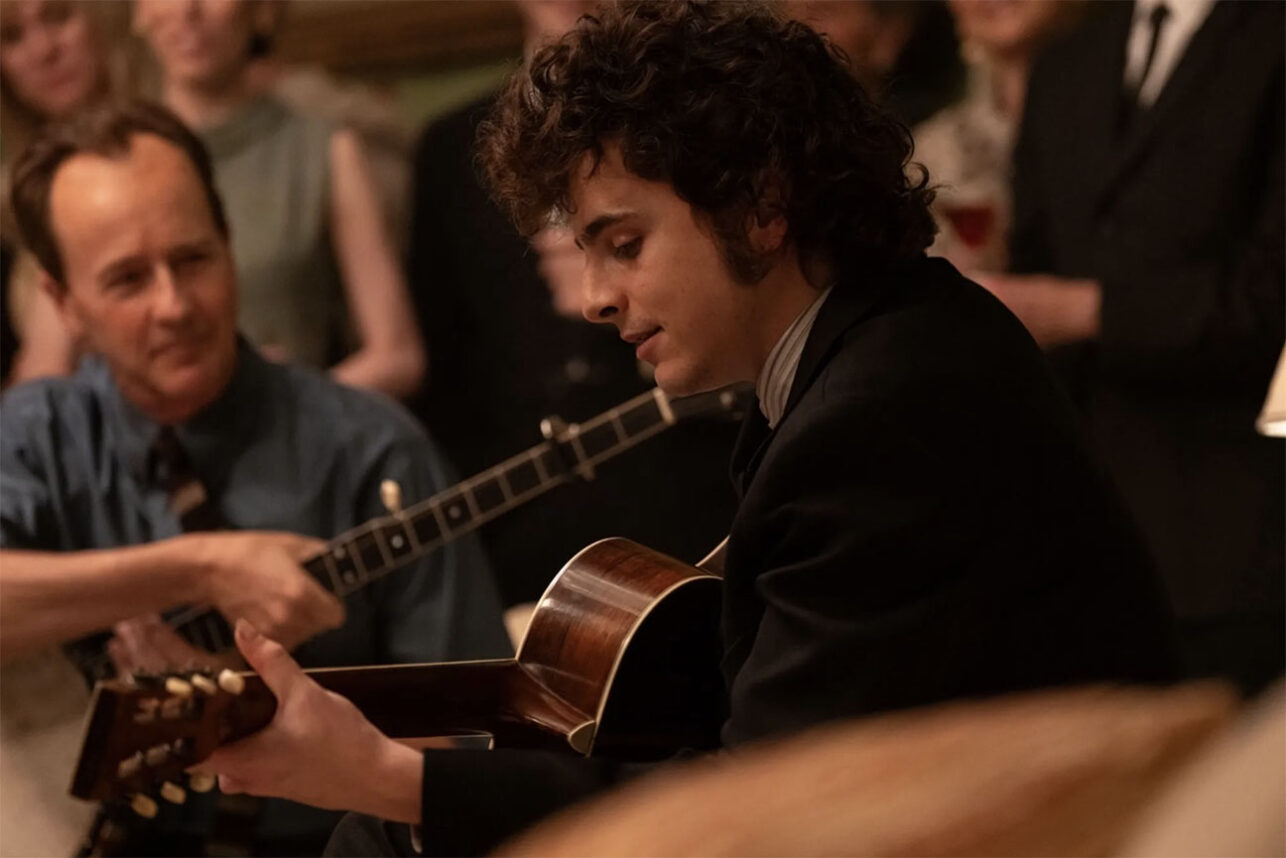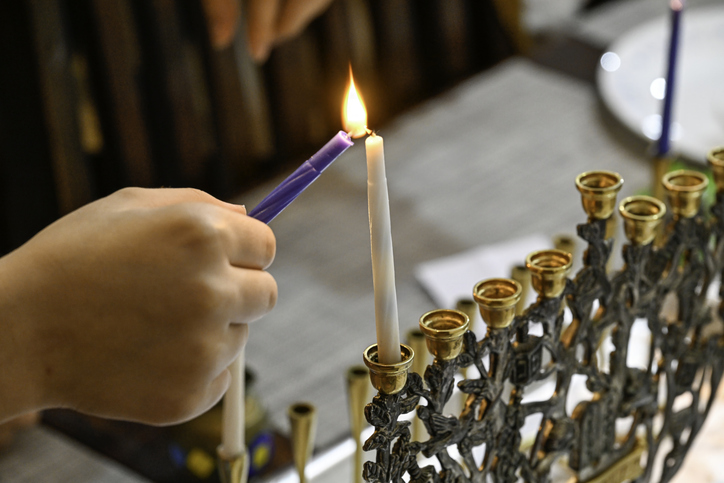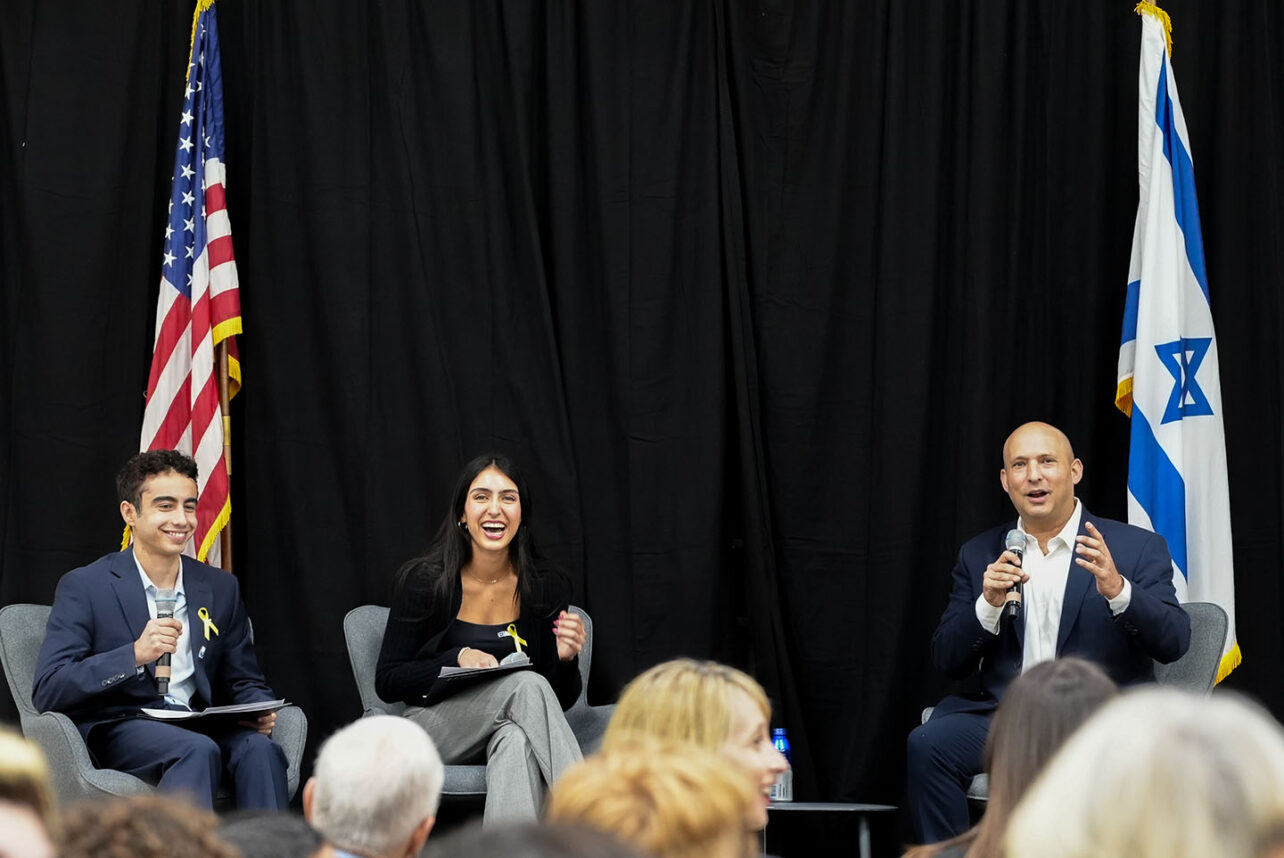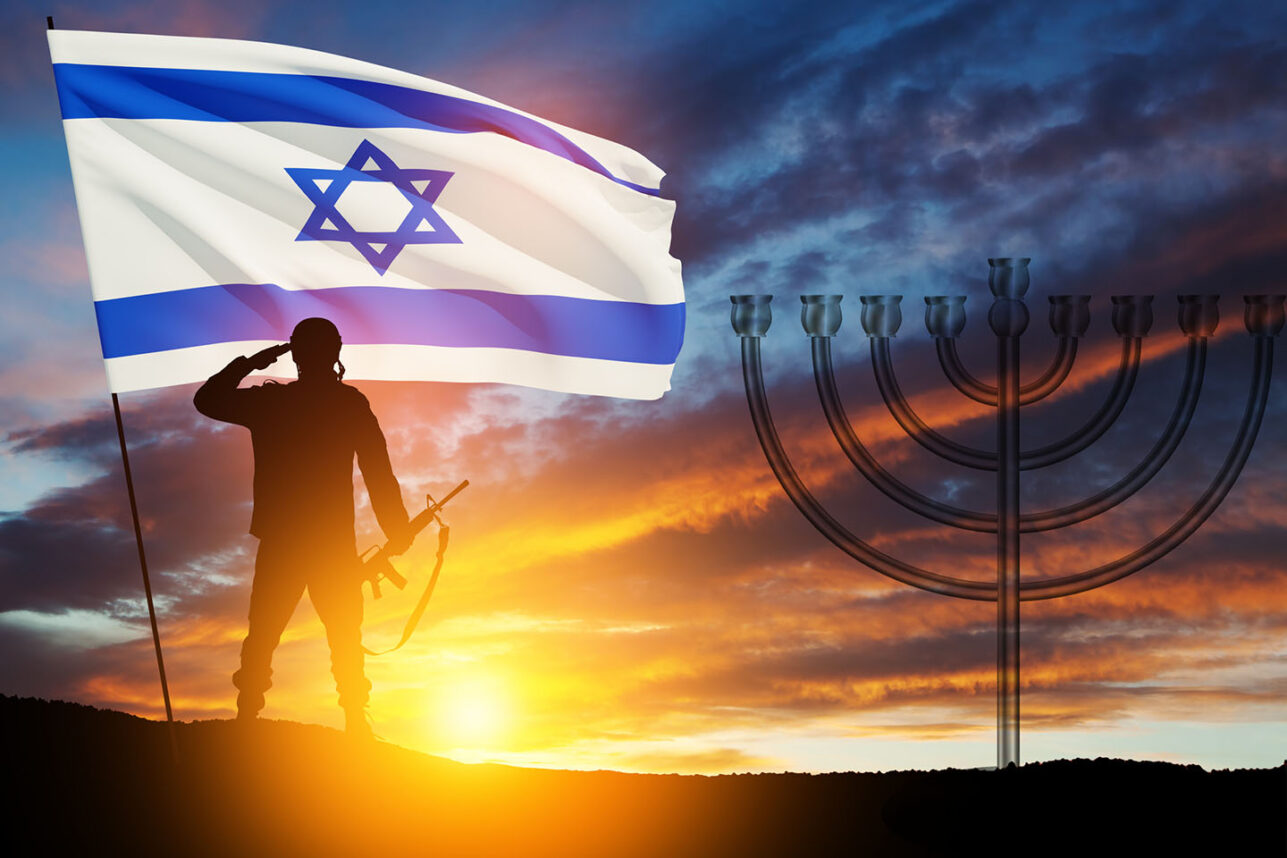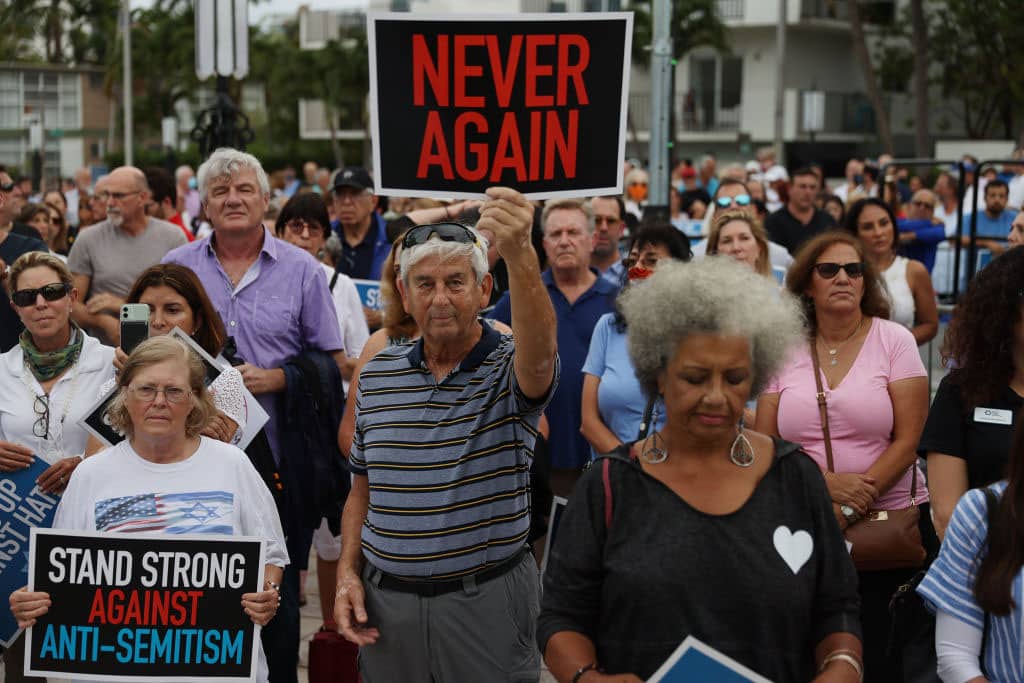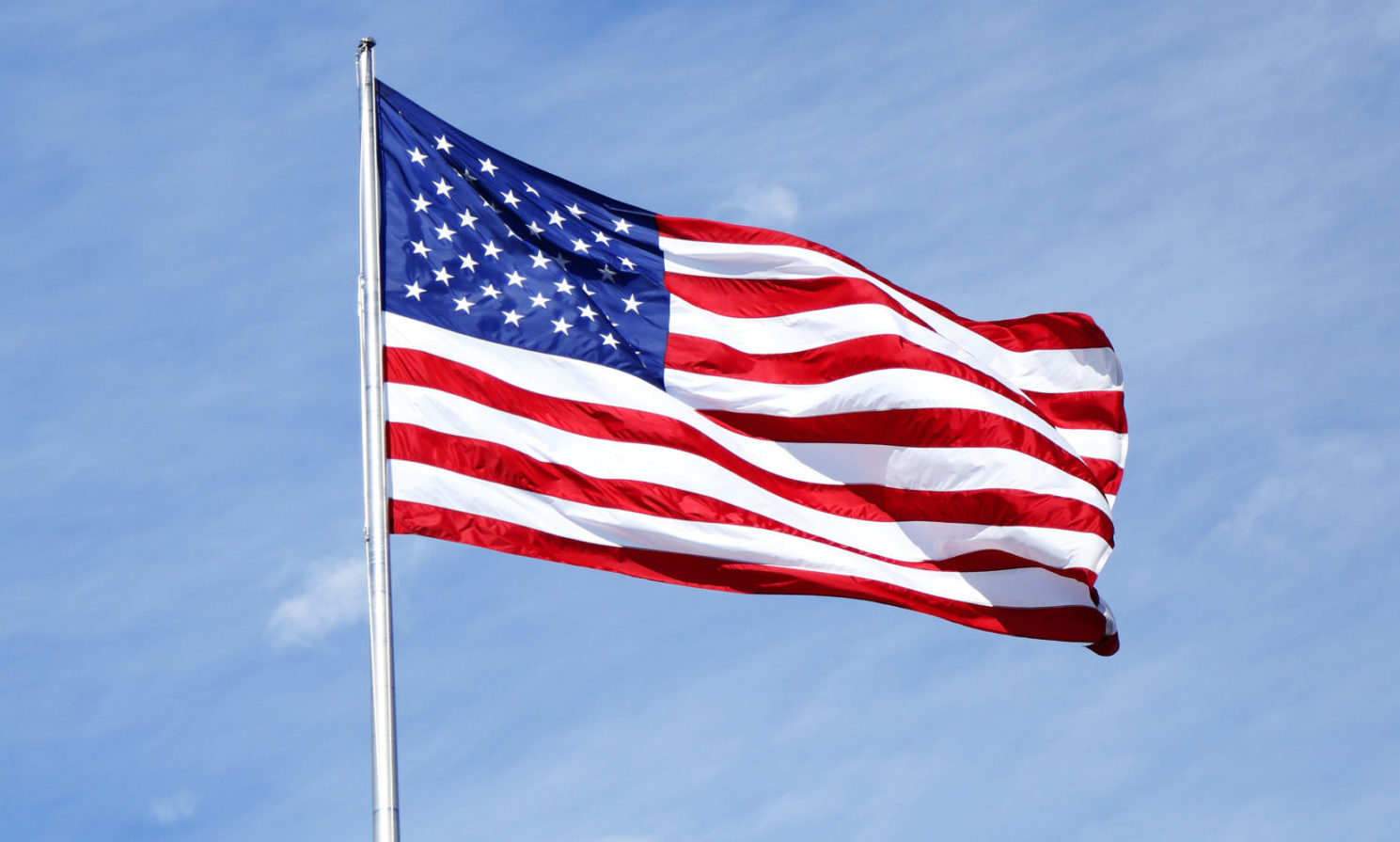
On June 16, 1989, four Jews arrived at Los Angeles International Airport from Italy, where they had waited for months after having escaped post-revolutionary Iran.
This month marks 30 years since my father, mother, sister and I arrived in the United States, although it took me another nine years to become an American citizen. I didn’t mind the wait; I knew I was an American the first time a teacher at my public school was kind to me without knowing I was a Jew. In fact, she didn’t seem to care what religion I practiced.
If this is America, I thought while enjoying some miraculous concoction called a Slurpee, I’ll be happy and well-fed.
In 1989, George H.W. Bush was president. Vladimir Putin was a 37-year-old KGB officer stationed in Dresden who asked Moscow for backup against demonstrators at the office of the East German secret police but received a fateful message from headquarters that permanently changed his views about the Soviet Union.
The message? “Moscow is silent.”
In 1989, Bernie Sanders was finishing an eight-year term as mayor of Burlington, Vt., and Donald Trump was on the cover of Time magazine, holding an ace of diamonds playing card. The headline read, “This man may turn you green with envy — or just turn you off.”
How little some things have changed.
As a 7-year-old in 1989, I wasn’t concerned with politicians or real estate moguls. I figured that the world was ruled by incompetent men (my belief had sprouted in Iran), so I focused on something far more important: pop culture icons.
For a newly arrived refugee from of one of the world’s most oppressive countries, the U.S. in 1989 was a glorious place and time of learning and acculturation, even if my father threw himself over furniture in a rush to turn off the radio as soon as the song “Me So Horny” came on.
“For a newly arrived refugee from of one of the world’s most oppressive countries, the U.S. in 1989 was a glorious place.”
It was on television — the bastion of security that Homer Simpson once called, “Mother! Teacher! Secret lover!” — that I learned one of the most important truths about America: In this country, people will hold you accountable for your hatred.
In May 1989, rap group Public Enemy was condemned after one of its members, Professor Griff (born Richard Griffin), said in an interview in The Washington Times that Jews are responsible for “the majority of wickedness that goes on across the globe.”
I had been in the U.S. only a few weeks when the controversy blossomed, but I was familiar with Public Enemy.
I pieced together enough English from the evening news to understand that someone from the group didn’t like Jews.
And? I wondered. We simply called that a Tuesday back in post-revolutionary Iran.
And then it happened. The group ousted Professor Griff over his anti-Semitism. Just like that, he was gone.
If this is America, I thought as I dipped a french fry in some glorious goo called “barbecue sauce,” I’ll be safe and well-fed.
And 30 years later, as I begrudgingly drink some liquified spinach leaves, I wonder if my realization still holds true.
In 2019, President Donald Trump is the ruler of the free world, and although I’m grateful for his support of Israel, as far as nearly every other policy is concerned, I sometimes wonder whether the cards up his sleeve came from the wrong deck.
Putin is trying to ensure that those once impotent words about Moscow are never repeated, although his silence over Russian election interference in the U.S. is loud and clear.
And Professor Griff lives in Atlanta, gives lectures on world politics, and teaches classes on “The 7 Hermetic Principles for Self-Mastery.” From time to time, he performs with Chuck D. (born Carlton Ridenhour) and other members of Public Enemy.
As for me, I’m a strict devotee of the “Homeric” principles: Love thy beer and thy TV. And give of yourself for every blessed and free day that you’ve been in this country.
Tabby Refael is a Los Angeles-based writer and speaker.







